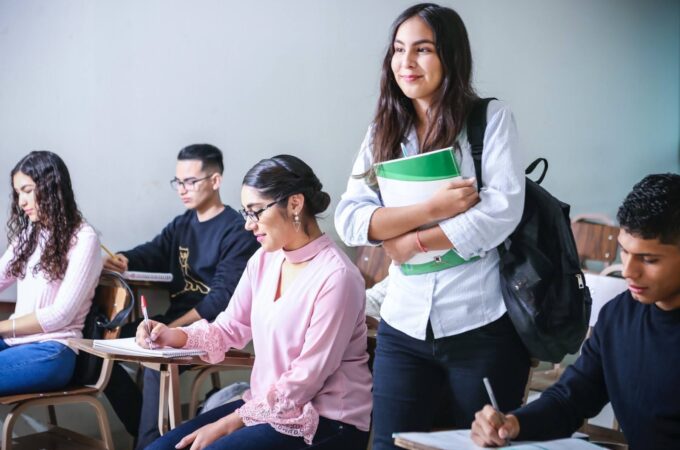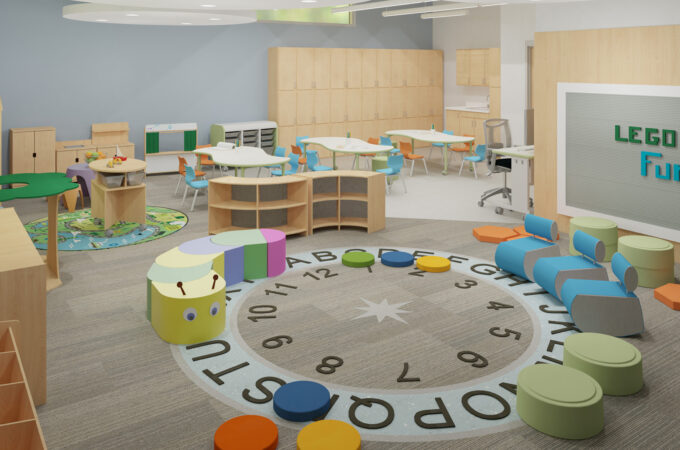
The Importance of Critical Thinking in Education
Critical thinking is an essential skill for success in both academic and professional settings. It is the ability to analyze and evaluate information, identify and solve problems, and make informed decisions. In education, critical thinking is crucial for students to become active learners and effective problem solvers. In this article, we will explore the importance of critical thinking in education and provide some strategies for teachers to help their students develop this vital skill.
Preparation for the Future
Critical thinking skills have become more important than ever. As technology continues to advance, many jobs will require candidates to be able to think critically and adapt to new situations. By teaching these skills in the classroom, teachers are preparing their students for future success in a global economy.

Problem Solving
Students who know how to think critically can look at information, figure out what’s wrong, and come up with creative solutions. In the classroom, such skills can be applied to many subjects, from math and science to literature and social studies. To achieve better results, it is relevant to incorporate technology. For example, StoryboardThat’s poster templates will help you achieve your learning objectives.
Improved Decision Making
Students who possess strong critical thinking skills are better equipped to make informed decisions. They can evaluate information, identify potential biases, and assess the credibility of sources. These skills can also help students consider multiple perspectives and weigh the pros and cons of different options before making a decision.
Higher Order Learning
Critical thinking is a form of higher-order learning that goes beyond memorizing and recalling information. Students need to analyze, evaluate, and synthesize information. By engaging in critical thinking activities, learners are developing higher-order thinking skills that can be applied to other areas of their academic and personal lives.
Personal Growth
In addition to academic and professional success, critical thinking skills can also contribute to personal growth. By learning how to think critically, students can develop self-awareness, self-reflection, and a greater understanding of their own thought processes. This can lead to improved communication skills, better relationships, and greater self-confidence.

Practical Tips
Now that we have established the importance of critical thinking in education, let’s explore some strategies for teachers to help their students develop this vital skill.
Questioning Techniques
One effective way to promote critical thinking in the classroom is through questioning techniques. Teachers can ask open-ended questions that require students to analyze and evaluate information, rather than simply recall facts. For example, instead of asking “What is the capital of France?” teachers could ask “What factors led to the selection of Paris as the capital of France?”
Group Work
Collaborative group work can be an effective way to promote critical thinking skills. When students work together, they are exposed to different perspectives and ideas, which can help them develop their own critical thinking skills. Teachers can also facilitate group discussions that require learners to analyze and evaluate information.
Problem-Based Learning
Problem-based learning is a teaching method that focuses on real-world problems and challenges. By working on complex problems, students are forced to think critically and develop creative solutions. Teachers can provide learners with open-ended problems that require them to analyze information, develop hypotheses, and test their solutions.
Use of Multimedia
Multimedia resources, such as videos and interactive websites, can be used to promote critical thinking skills. Teachers can use multimedia resources to present complex information in a variety of formats, which can help students understand and analyze the material from different perspectives.

Encourage Self-Reflection
Finally, teachers can encourage self-reflection in their students to promote critical thinking skills. By encouraging learners to reflect on their own learning processes, teachers can help students develop self-awareness and an understanding of their own thought processes. Teachers can also provide opportunities for students to evaluate their own work and identify areas for improvement.
Final Words
By developing their critical thinking skills, students will not only become better learners but also gain valuable life skills that can help them succeed in any situation. With a strong foundation of these important skills, students can confidently take on any challenge and emerge triumphant.
Critical thinking skills are essential for academic and professional success. By employing various approaches, teachers can help their students develop these important skills. With the right guidance and support, learners will be well-equipped to think critically and make informed decisions in any situation. Ultimately, it is up to teachers to provide the guidance and support needed for their students to become successful critical thinkers.




